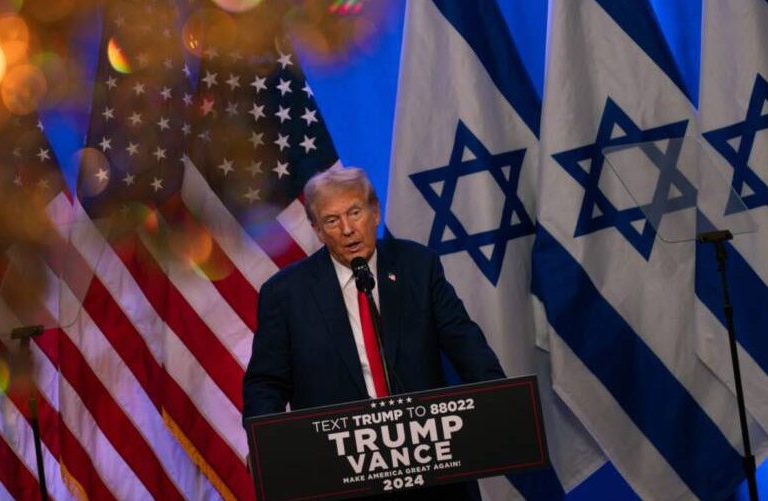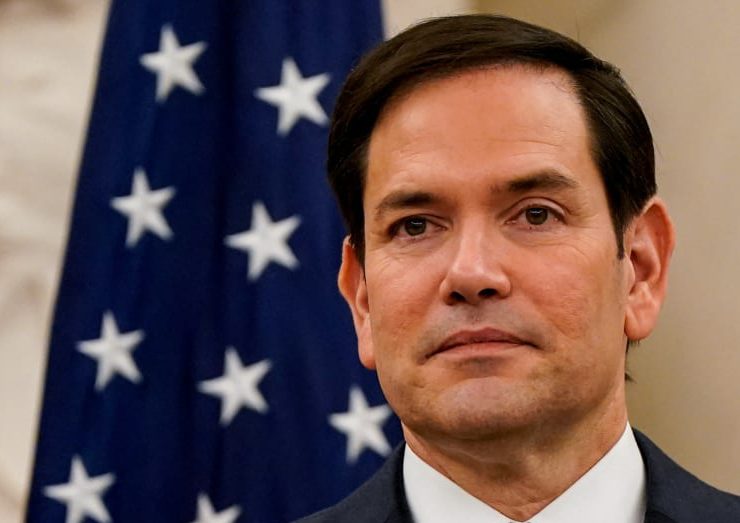An urgent, uncompromising indictment of the transnational networks — from politicized universities to petro-dollars and extremist media — that have normalized hatred and helped produce an atmosphere where political violence can take root.
Charlie Kirk did not fall in a political vacuum. His killing was the most tragic — and most visible — symptom of a broader ideological rot that has metastasized across campuses, media platforms, and foreign capitals. To call this merely the act of a lone attacker is to miss the larger story: a global ecosystem of narratives, funding streams, and institutions has spent decades normalizing contempt for Jewish survival and for the democratic values that underpin the West.
Start with propaganda. For decades adversaries of Western pluralism have invested in a simple script: recast Israel as a colonial oppressor, delegitimize Jewish self-defense, and transform political disagreement into a moral indictment so absolute it permits dehumanization. That script migrated from fringe tracts into university courses, into popular culture and activist networks, and finally into the mainstream. When scholarship and journalism trade nuance for narrative, truth becomes collateral damage.
Follow the money. Petrodollar philanthropy, state-backed media, and targeted grants have reshaped parts of the academic and NGO ecosystem. When powerful foreign patrons underwrite departments, centers, and cultural initiatives, ideologically skewed perspectives can escape scrutiny and become normalized talking points. That funding does not cause violence by itself — but it can help finance and amplify movements that trade in grievance and absolutes rather than complex reality.
Then look at the marriage of convenience between radical ideologies. Some Islamist actors and some radical left movements — though ideologically different — share tactical interests: destabilize liberal institutions, delegitimize Israel, and recruit alienated youth. When those agendas intersect on college campuses, online platforms, and in certain corners of cultural institutions, they produce a reinforcement loop. A young person fed a steady diet of moral simplifications and righteous fury can be primed to move from protest to extremism.
Universities deserve special scrutiny. Institutions that elevate identity grievance above robust debate can become crucibles for intellectual tribalism. Students who are not taught how to engage opposing views, verify claims, and weigh evidence can be radicalized by rhetoric that casts the West and Israel as monolithic evils. Academic freedom that tolerates honest debate is one thing; indoctrination is another — especially when institutions fail to challenge outright falsehoods and antisemitic tropes.
Media matters. Outlets that traffic in moral certainties and performative outrage reduce complex geopolitics to caricature. Social platforms accelerate that dynamic: sensationalist takes, amplified without context, produce moral cascades. In that environment, individuals susceptible to absolutist thinking receive validation, recruits, and justification.
This is not a simplistic “East vs. West” story. It is a transnational problem with many actors: bad actors in authoritarian capitals; illiberal movements with philanthropic reach; comfortable Western institutions that prize narrative over rigor; and radical subcultures online that refine grievance into action. The answer is not paranoia or retaliation; it is accountability and restoration.
What must be done? First, governments and civil society should demand transparency around foreign funding for universities and cultural institutions and apply clear standards when grants come with political strings. Second, universities must recommit to critical thinking — to teaching students how to evaluate evidence, debate respectfully, and reject dehumanization. Third, tech platforms must be held to higher standards for content amplification that turns grievance into extremist pipelines. Fourth, mainstream conservative and liberal institutions alike must call out antisemitism wherever it appears, not treat it as a political cudgel.
Charlie Kirk’s death should not allow us to trade one kind of tribalism for another. We should refuse both the false absolutes of those who would erase Israel’s legitimacy and the narratives that sanctify violence. We can mourn the loss and also demand clear, civic remedies — transparency, civic education, stricter safeguards against foreign influence, and a return to public argument grounded in facts rather than hatred.
If we act now to cut off the financial, institutional, and rhetorical channels that nurture extremism, we honor the memory of victims and make it harder for the next tragedy to occur. That is the urgent task facing citizens who still believe in free societies and in the right of Israel — and all plural democracies — to exist in peace.





